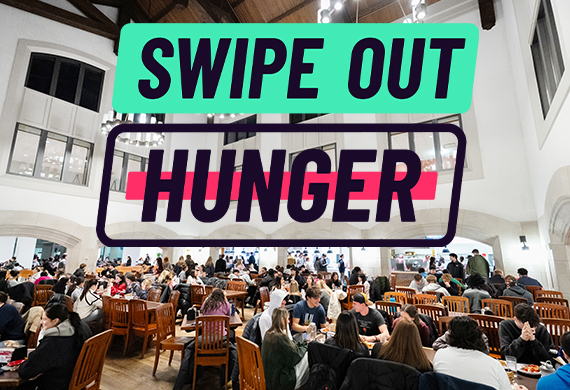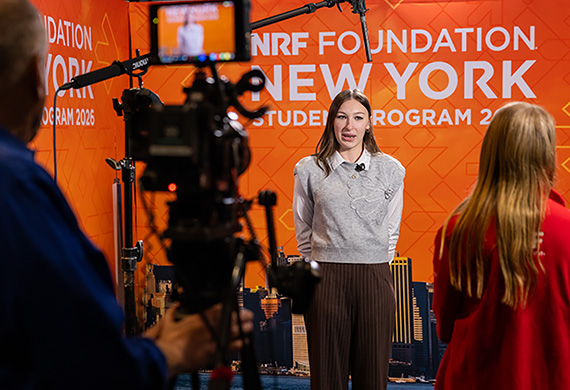-
About
Admitted Student Days
• Saturday, March 28
• Sunday, March 29
• Saturday, April 11Accepted Students: Be sure to register for one of our Admitted Student Days and explore all that Marist has to offer.
About
-
Academics
Admitted Student Days
• Saturday, March 28
• Sunday, March 29
• Saturday, April 11Accepted Students: Be sure to register for one of our Admitted Student Days and explore all that Marist has to offer.
Academics
-
Admission & Financial Aid
Admitted Student Days
• Saturday, March 28
• Sunday, March 29
• Saturday, April 11Accepted Students: Be sure to register for one of our Admitted Student Days and explore all that Marist has to offer.
Admission & Financial Aid
-
Student Life
Admitted Student Days
• Saturday, March 28
• Sunday, March 29
• Saturday, April 11Accepted Students: Be sure to register for one of our Admitted Student Days and explore all that Marist has to offer.
Student Life
- Athletics
Image of Master of Social Work student conducting a social work evaluation for the ma in social work.
Image of Red M Background.
The fully online Master of Social Work (MSW) program inspires students to nurture stronger, more compassionate communities through trauma-informed care. By exploring the unique ways individual and systemic factors intersect, learning from practicing social workers, and combining theoretical approaches with evidence-based practice, students will graduate empowered to create a more empathetic, understanding future.
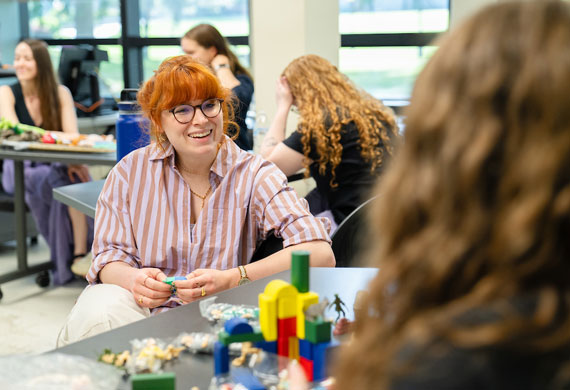
Trauma-Informed Social Work Curriculum
The 100% online Master of Social Work curriculum prepares students for a career in trauma-informed social work and examines the effects with new evidence-based practices. The courses explore how traumas impact the lives of individuals and provides a knowledge base in the neuroscience of trauma, and resulting effects, as well as issues related to working ethically and effectively with child, adolescent, and adult victims of youth maltreatment, interpersonal traumas, manmade and natural disasters, and other types of chronic stress and trauma. Students will become practitioners equipped to provide compassionate and effective care in order to promote an understanding of anti-racism, diversity, equity, and inclusion.
Fully Online MSW Pathways
Advanced Standing: One-Year Degree
Students who have completed a Bachelor's degree in Social Work from a CSWE accredited program with a GPA of 3.0, are eligible for the advanced standing program. This program can be completed in one year.
Program Highlights:
- 32 credits
- 650 hours of clinical internship training
- Cohort begins in June
Two-Year Degree
A general foundation is followed by a specialized year in trauma-informed practice.
Program Highlights:
- 64 credits
- 1,100 hours of clinical internship training
- Cohort begins in June
Accreditation Status
Marist’s Master of Social Work program has achieved candidacy for accreditation by the Council on Social Work Education’s (CSWE) Board of Accreditation (BOA).
Candidacy for a baccalaureate or master’s social work program by the BOA indicates that it has made progress toward meeting standards of program quality evaluated through a peer review accreditation process. A program that has attained candidacy status has demonstrated a commitment to meeting the standards set by the Educational Policy and Accreditation Standards (EPAS) but has not yet demonstrated full compliance.
Students that are admitted to candidate programs in the fall (or later) of the academic year in which the program is granted candidacy status will be retroactively recognized as graduates from a CSWE-BOA accredited program as long as the program attains initial accreditation. Candidacy is typically a 3-year process and attaining candidacy does not guarantee that a program will eventually attain initial accreditation.
Candidacy applies to all program options, which includes locations and delivery methods.
Accreditation provides reasonable assurance about the quality of the program and the competence of students graduating from the program.
Review our program’s accreditation timeline, and candidacy status in CSWE’s Directory of Accredited Programs. For more information about social work accreditation, contact CSWE’s Department of Social Work Accreditation.
Tailored Placements
All Master of Social Work students are trained to work with individuals, families, groups, organizations, and communities, providing services to those impacted by trauma. Students work with the practicum office to secure a placement in their community. Practicum internship settings may include:
- Child welfare/protection
- Criminal justice
- Family counseling settings
- Hospital settings
- Macro-placements (i.e. American Red Cross)
- Nursing facilities
- School social work
- Substance misuse
Required Internship Hours:
Two-Year Degree: 1,100 (two days per week during the first year, three days per week during the second)
Advanced Standing: 650 (three days per week)
Image of the Marist campus from across the river.
Featured News
Discover how donated meal swipes are helping ensure every Red Fox has access to nourishing meals.
Around Campus
Advertising awards, retail networking, and mental health awareness.
Before the Super Bowl, Jason Myers '13 was So Calm He Felt Nervous
How did the Marist alum perform so well on the game's biggest stage? It was the power of routine.
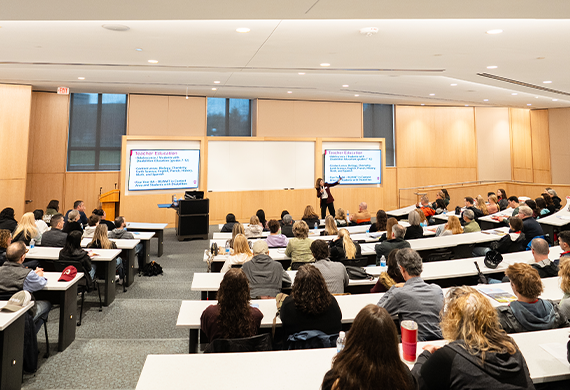
Faculty Dedicated to Your Personal and Professional Growth
As demand for professional social workers is on the rise, the online Master of Social Work program offers students the chance to learn from experienced, practicing social workers who bring real-world insight into coursework. Students and faculty develop personal relationships and benefit from individual support to ensure students are prepared for the challenges and rewards of modern social work practice. Our faculty integrate real-world perspectives and develop enriching internship partnerships that build on generalist knowledge and extend competencies through trauma-informed clinical approaches to strengthen students’ practical application of theory.
Image of a student's hands typing on a keyboard.
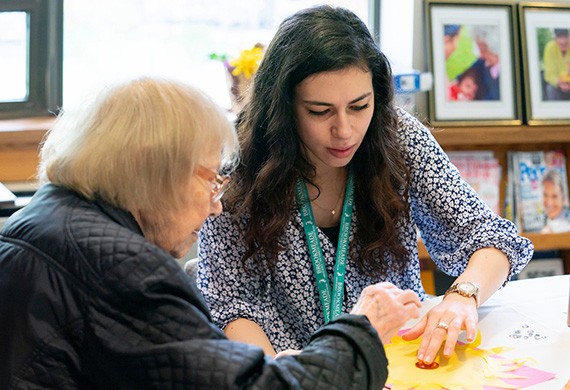
From Student to Professional: Licensing in Social Work
Our new Marist Master of Social Work (MSW) online program is designed to align with the latest federal regulations for professional licensure. Based on the Association of Social Work Boards (ASWB) database, most states and territories across the United States accept our curriculum without any additional requirements (e.g., extra coursework or training).
This comprehensive list demonstrates our program's commitment to providing an accessible and seamless path for students to achieve licensure. Graduates of our program can apply for licensure in these states and territories.
For applicants in states like Iowa, a waiver process can be pursued to ensure licensure with our program. Florida applicants should be aware of specific coursework requirements beyond our curriculum. Marist’s MSW program fully aligns with the Council on Social Work Education (CSWE) accreditation standards to support our students' licensure success. We remain committed to full accreditation sometime in 2027. Review our program’s pre-candidacy status in CSWE’s Directory of Accredited Programs.
Get More Info
Loading contact form...

